Breaking News


Popular News

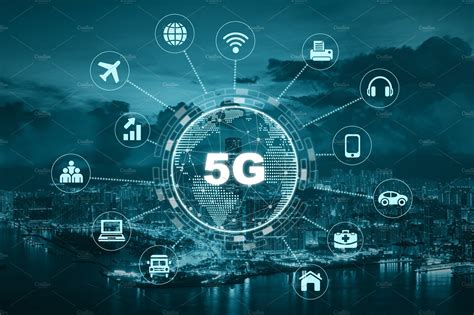
Discover the potential of 5G technology and its impact on internet speed, connectivity, IoT, autonomous vehicles, healthcare, and security.The introduction of 5G technology has been a game-changer in the tech world, revolutionizing the way we connect and interact with the digital landscape. In this blog post, we will explore the various aspects of 5G technology and its impact on different industries and sectors. From its potential in healthcare to the integration of IoT and autonomous vehicles, 5G is reshaping the way we live and work.
We will start by defining what exactly 5G technology is and how it differs from its predecessors. Then, we will delve into the impact of 5G on internet speed and connectivity, exploring the enhanced capabilities it brings to the table. Furthermore, we will discuss how 5G is paving the way for the integration of IoT and its role in revolutionizing autonomous vehicles. Additionally, we will explore the potential of 5G in healthcare and the security concerns that come with this groundbreaking technology.
Join us as we unpack the transformative power of 5G technology and its implications for the future.
Contents
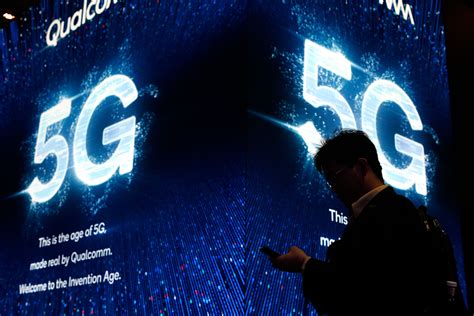
What is 5G Technology?
5G technology refers to the fifth generation of mobile network connectivity, succeeding 4G. It is designed to provide faster and more reliable wireless internet and telecommunications services, offering higher data speeds, lower latency, and increased capacity. This next-generation technology is set to revolutionize the way we communicate and connect with the world around us.
With the implementation of 5G, users can expect to experience lightning-fast download and upload speeds, enabling seamless streaming of high-definition content and immersive virtual reality experiences. The enhanced connectivity and network reliability of 5G will also pave the way for the widespread adoption of IoT (Internet of Things) devices, smart cities, and autonomous vehicles.
By leveraging advanced radio technologies and network architecture, 5G aims to support a wide range of applications and services, including real-time communication, remote healthcare monitoring, and machine-to-machine communication. This groundbreaking technology is set to unlock new opportunities for innovation, productivity, and economic growth across various industries.
In summary, 5G technology represents a significant leap forward in the evolution of mobile networks, offering unparalleled speed, capacity, and connectivity that will transform the way we live, work, and interact in the digital age.
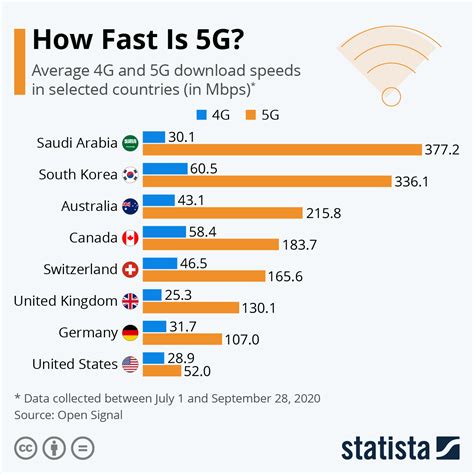
The implementation of 5G technology is poised to have a significant impact on internet speed, revolutionizing the way we connect and communicate. With the promise of faster download and upload speeds, as well as reduced latency, 5G has the potential to transform the digital landscape.
One of the key features of 5G is its ability to offer much faster data speeds compared to its predecessors. This means that users will be able to download and upload content at unprecedented rates, making activities such as streaming high-definition video or online gaming much smoother and more enjoyable.
Furthermore, the reduced latency provided by 5G means that data can be transmitted and received at a much quicker rate. This has significant implications for various industries, such as healthcare, finance, and manufacturing, where real-time data processing is crucial.
5G technology also promises to unlock the full potential of emerging technologies such as IoT (Internet of Things) devices, as the faster speeds and lower latency will enable seamless connectivity between devices, leading to a more efficient and interconnected world.
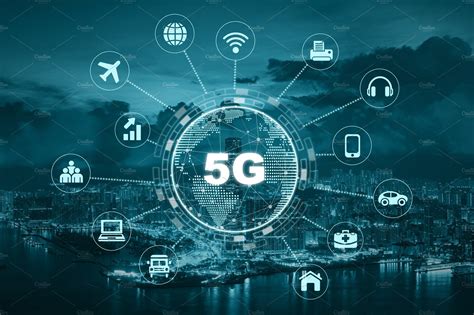
Enhanced Connectivity with 5G
5G technology is set to revolutionize the way we connect and communicate. With its lightning-fast speeds and low latency, 5G will enable enhanced connectivity that will transform industries and the way we live our lives. The enhanced connectivity provided by 5G will empower a new wave of technological advancements and innovations.
One of the key features of 5G technology is its ability to support a massive number of devices simultaneously. This means that the Internet of Things (IoT) will thrive in the 5G era, with seamless connectivity and real-time data transmission. The proliferation of smart devices, from wearables to smart home appliances, will be made possible by the enhanced connectivity of 5G.
Furthermore, 5G will pave the way for autonomous vehicles to become a widespread reality. The improved connectivity will enable vehicles to communicate with each other and with infrastructure in real time, leading to safer and more efficient transportation systems. This enhanced connectivity will also open up new opportunities for the development of smart cities and intelligent transportation networks.
In the healthcare industry, the enhanced connectivity of 5G will enable remote monitoring, telemedicine, and real-time collaboration among medical professionals. Patients will be able to receive high-quality care regardless of their location, thanks to the seamless connectivity provided by 5G technology.
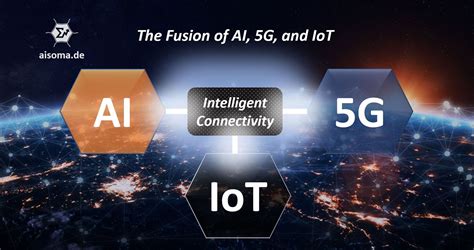
Integration of IoT and 5G
The integration of IoT (Internet of Things) and 5G technology is set to revolutionize the way we interact with the world around us. With the advent of 5G networks, IoT devices will be able to transmit and receive data at incredibly high speeds, leading to a more connected and efficient world.
With 5G, the IoT ecosystem will be able to support a much larger number of devices, allowing for seamless connectivity between smart devices, sensors, and other IoT gadgets. This means that everything from smart homes to smart cities will be able to operate more efficiently and effectively with the integration of IoT and 5G.
Furthermore, the low latency and high bandwidth of 5G networks will enable IoT devices to communicate and process data in real-time, opening up new possibilities for applications such as autonomous vehicles, remote healthcare monitoring, and smart infrastructure.
In conclusion, the integration of IoT and 5G is poised to create a more connected and intelligent world, where the devices around us are able to communicate and interact seamlessly, leading to a truly interconnected future.
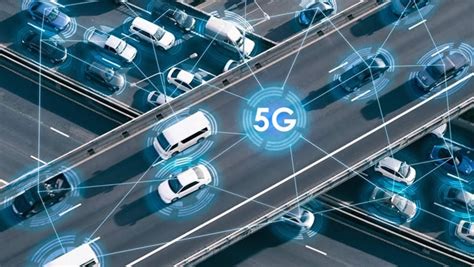
5G’s Role in Autonomous Vehicles
5G’s Role in Autonomous Vehicles
Autonomous vehicles, also known as self-driving cars, are the future of transportation. With 5G technology, these vehicles are set to revolutionize the way we travel. 5G networks enable autonomous vehicles to communicate with each other and the surrounding infrastructure in real-time, providing the high-speed connectivity necessary for safe and efficient operation.
The integration of IoT (Internet of Things) into autonomous vehicles is made possible by 5G technology. IoT devices in and around the vehicle, such as sensors and cameras, can collect and transmit a vast amount of data to make split-second decisions. This seamless data exchange is crucial for the success of autonomous vehicles, and it is only achievable through the ultra-low latency and high bandwidth of 5G networks.
In addition to improving safety and efficiency, 5G technology also enhances the overall passenger experience. With the increased connectivity, autonomous vehicles can provide an array of entertainment options and personalized services, creating a comfortable and enjoyable travel environment.
As the implementation of autonomous vehicles becomes more widespread, the support of 5G networks will be paramount. The potential for these vehicles to transform the way we travel is immense, and it is clear that 5G technology plays a crucial role in making this transformation a reality.
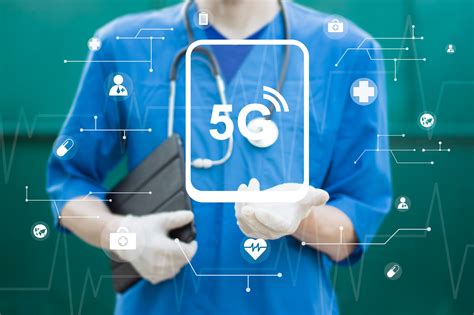
5G technology has the potential to revolutionize healthcare in numerous ways, transforming the industry and improving patient care. With its ultra-fast speeds and low latency, 5G will enable the seamless transfer of large medical files such as high-resolution images and videos, allowing for quick and accurate diagnosis. This will also facilitate remote consultations and telemedicine, enabling healthcare providers to reach patients in rural or underserved areas.
Furthermore, the integration of 5G with Internet of Things (IoT) devices will enable real-time monitoring of patients, allowing healthcare professionals to gather and analyze data instantly. Wearable devices and sensors powered by 5G technology can provide continuous health monitoring, which is particularly beneficial for patients with chronic illnesses.
In addition, 5G can support the development of innovative technologies such as augmented reality (AR) and virtual reality (VR) applications in healthcare. This can be utilized for medical training, surgical procedures, and patient education, offering immersive and interactive experiences that can improve learning and treatment outcomes.
The potential of 5G in healthcare is vast, and it has the capability to redefine how medical services are delivered, making healthcare more accessible, efficient, and effective.
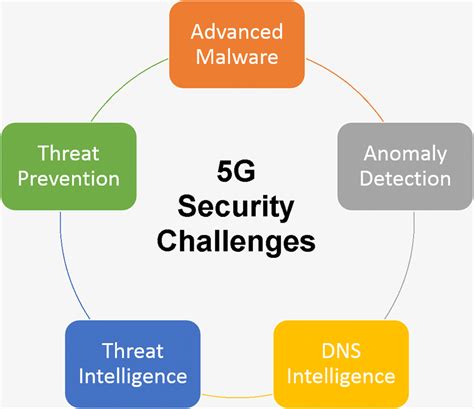
With the development and integration of 5G technology, there has been a growing concern regarding the security risks associated with this advanced network. One of the primary concerns is the potential for increased cyber-attacks and security breaches due to the vast number of connected devices and the massive amounts of data being transferred at extremely high speeds. As 5G networks rely on a higher number of smaller, more intelligent cells to manage the wireless spectrum, there is a greater vulnerability to cyber threats, making it crucial to implement robust security measures.
Another security concern related to 5G technology is the risk of unauthorized access to sensitive data. With the expansion of the Internet of Things (IoT) and the interconnectivity of various devices, there is an increased potential for unauthorized access and data breaches. The vast network of interconnected devices in the 5G ecosystem creates a larger attack surface, making it imperative for organizations and network providers to prioritize data security and encryption.
Moreover, there are concerns about the reliance on equipment and infrastructure from certain suppliers, particularly those associated with geopolitical risks. The 5G technology’s reliance on equipment from specific vendors has raised concerns about potential backdoor access to sensitive information, leading to national security implications and the need for stringent vetting processes and security protocols.
Additionally, the deployment of 5G technology raises privacy concerns as the vast amount of real-time data collected from various devices and sensors can lead to potential privacy violations. There is a need for comprehensive privacy policies and stringent data protection regulations to address the growing concerns and ensure the secure and ethical use of 5G technology.
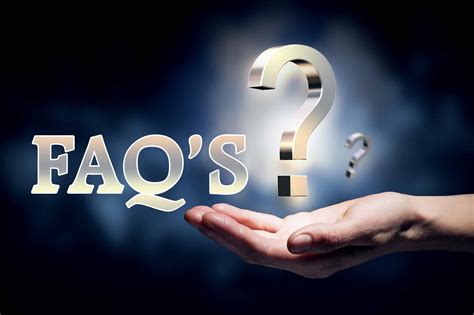
What is 5G technology?
5G technology is the fifth generation of wireless technology, offering faster speeds and more reliable connections than previous generations.
How is 5G revolutionizing the tech world?
5G technology is revolutionizing the tech world by enabling faster downloads, lower latency, and paving the way for new innovations such as autonomous vehicles, smart cities, and augmented reality.
What are the benefits of 5G technology?
Some of the benefits of 5G technology include faster internet speeds, improved connectivity, support for more devices, and the potential for transformative technologies and applications.
How will 5G impact different industries?
5G technology is expected to impact industries such as healthcare, manufacturing, transportation, and entertainment by enabling new capabilities and applications that were not possible with previous wireless technologies.
What are the challenges of implementing 5G technology?
Challenges of implementing 5G technology include the high cost of infrastructure deployment, cybersecurity concerns, and the need for new regulatory frameworks to support the technology.
Are there any potential drawbacks of 5G technology?
Some potential drawbacks of 5G technology include concerns about privacy, security, and the impact of electromagnetic radiation on health, although these concerns are still under debate and investigation.
What is the future of 5G technology?
The future of 5G technology looks promising, with ongoing research and development aiming to further enhance its capabilities, expand its reach, and unlock new possibilities for the tech world.